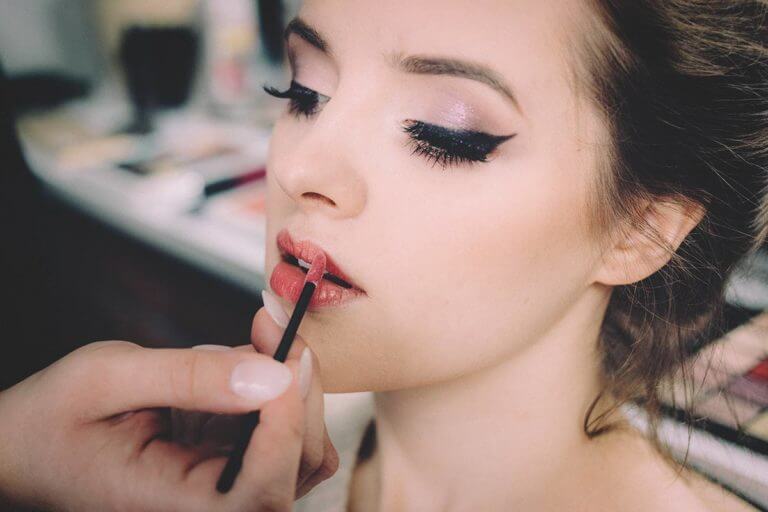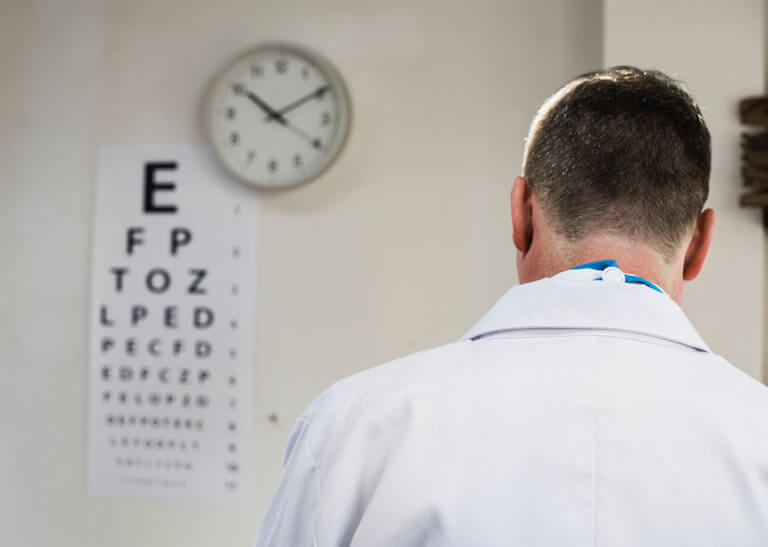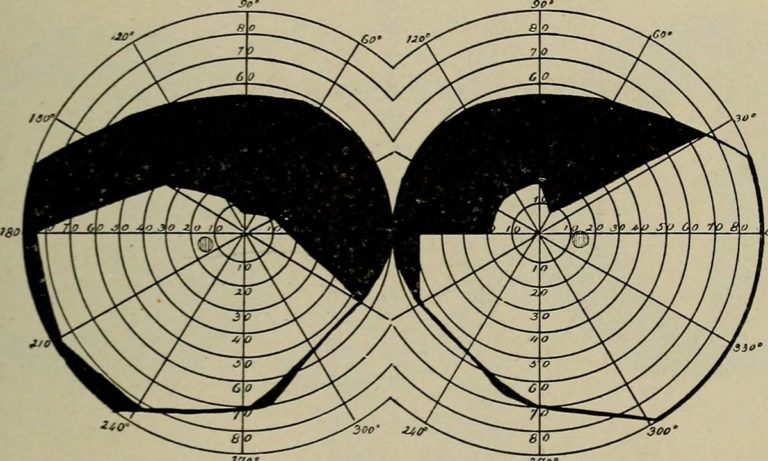Harmful Eye Makeup: How to Protect Your Eyes
Posted by: Atlantic Eye Institute in Education,Eye Exams
We love to make our eyes stand out with different beauty products. Eyeshadow, eyeliner, mascara…but it’s important to remember that putting anything that close to your eye can potentially be harmful. We’ve compiled some cosmetic safety tips so you can look beautiful AND protect your eyes. Allergic Reactions If you’re someone who is prone to…
Read MoreE-Book versus Print: Which is Better for Eyestrain?
Posted by: Atlantic Eye Institute in Dry Eye,Education
In today’s increasingly digital world, interactions with printed media are becoming less common every day. Between smartphones, high definition televisions and computer monitors, more and more people are spending their time looking at screens, rather than printed pages. What impact is this having on our eyesight? It’s becoming common knowledge that these screens cause our…
Read MoreMilkweed Poisoning: Corneal Endothelial Toxicity
Posted by: Atlantic Eye Institute in Education
Milkweed is a popular plant among gardeners as it attracts butterflies. However, it requires care in handling. Milkweed produces a milky white sap that contains a mild poison; its bitter taste warns away many of the animals and insects that try to eat its tender leaves. Certain insects, including monarch butterfly larvae, are immune to…
Read MoreFirework Safety: Tips on How to Avoid Eye Injuries
Posted by: Atlantic Eye Institute in Education
Firework safety is typically the last thing on our minds when celebrating our nation’s freedom. Fireworks are a significant component when it comes to us celebrating, but approximately 2000 eye injuries occur each year from consumer fireworks use. About one-third of these injuries result in permanent eye damage and one-fourth in permanent vision loss or…
Read MoreHow to Help Your Child Adjust to Glasses
Posted by: Atlantic Eye Institute in Education
Getting glasses when you are young can be a difficult adjustment for any child. Atlantic Eye Institute cares about your child’s comfort and wants them to be proud to wear their glasses. Here are some tips for parents to help make that happen. Picking Out The Right Frames Is An Important Step Allow your child…
Read MoreEye Injuries: Protection and Prevention
Posted by: Atlantic Eye Institute in Education
Every time we open our eyes we are reminded of the remarkable gift of sight! Whether you’re watching the sunset or seeing your child take their first steps, your eyes allow you to see some pretty amazing things. Sadly, each year about one million eye injuries occur in the United States–90 percent of which could…
Read MoreAre You at Risk For Glaucoma?
Posted by: Atlantic Eye Institute in Education,Glaucoma
Your eyes are one of your most important assets; once you lose your vision, you can’t get it back. Glaucoma affects nerves connecting to your eye, resulting in vision loss and blindness. Regular screening and early treatment for the disease can protect your eyes from irreversible damage. Glaucoma is a debilitating condition that can affect…
Read MorePresbyopia: Regain Your Reading Vision!
Posted by: Atlantic Eye Institute in Education
Around age 40 our eyes go through a change called presbyopia which affects the lens of the eye. The lens focuses light that enters the eye on the retina, or back of the eye. This is how we can see images. Learn about available options to keep you living your vision!
Read MoreBlind Spot in Your Vision: is it Normal?
Posted by: Atlantic Eye Institute in Education
Have you ever noticed that while you are driving, you have to look over your shoulder because there is a blind spot? Similarly, your eyes have a blind spot, called scotoma. The optic nerve carries info from the eyeball to the brain, then, spreads nerve fibers across the back of the eye, or retina. The…
Read MoreSafely View the Solar Eclipse
Posted by: Atlantic Eye Institute in Education
Did you forget to purchase your viewing glasses for the upcoming solar eclipse? Well don’t worry, here are some great tips on how you can safely enjoy the solar eclipse, including a way to easily make your simple pinhole eclipse viewer. What is a Solar eclipse? A solar eclipse occurs when the Moon passes between…
Read More












